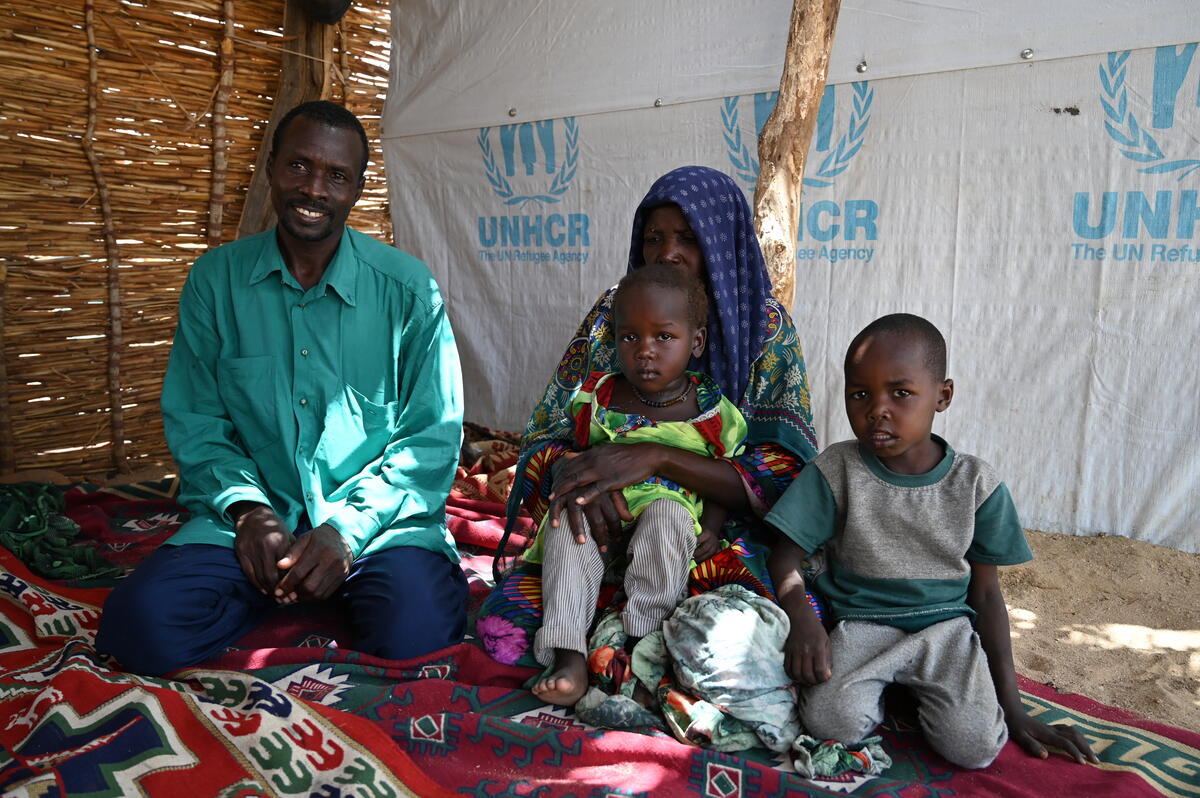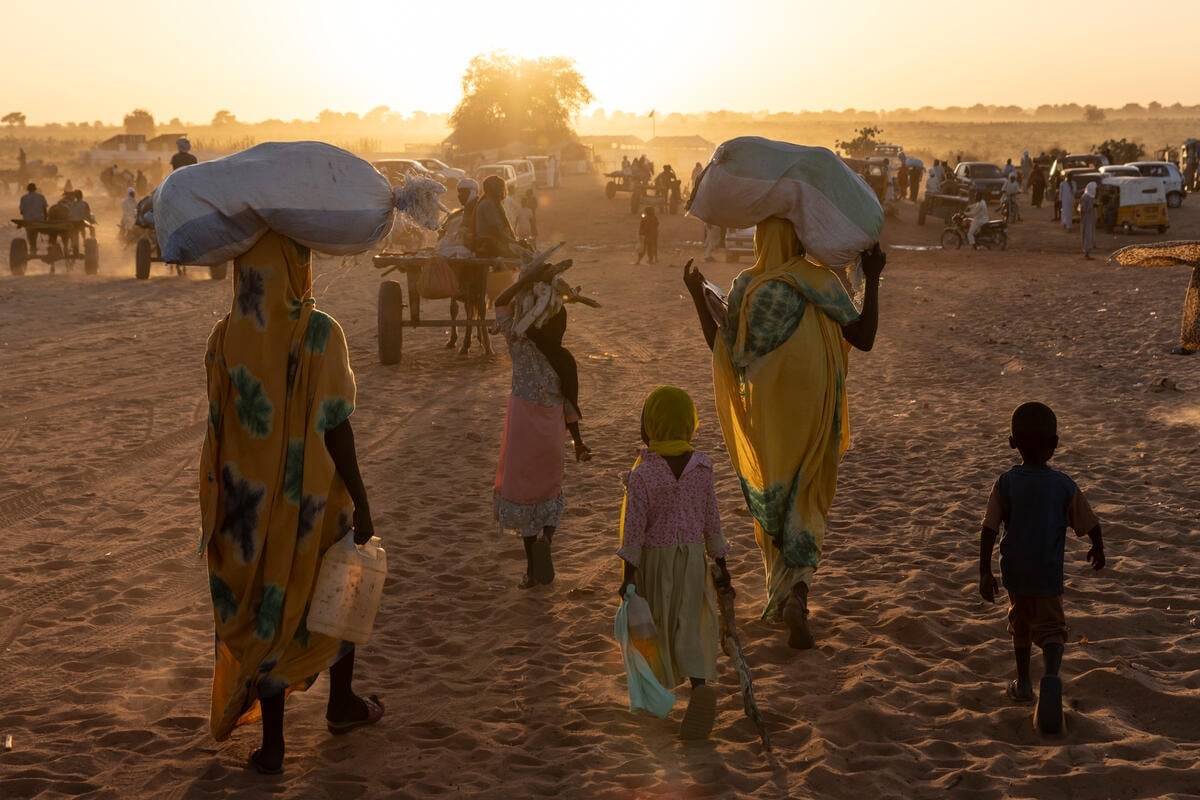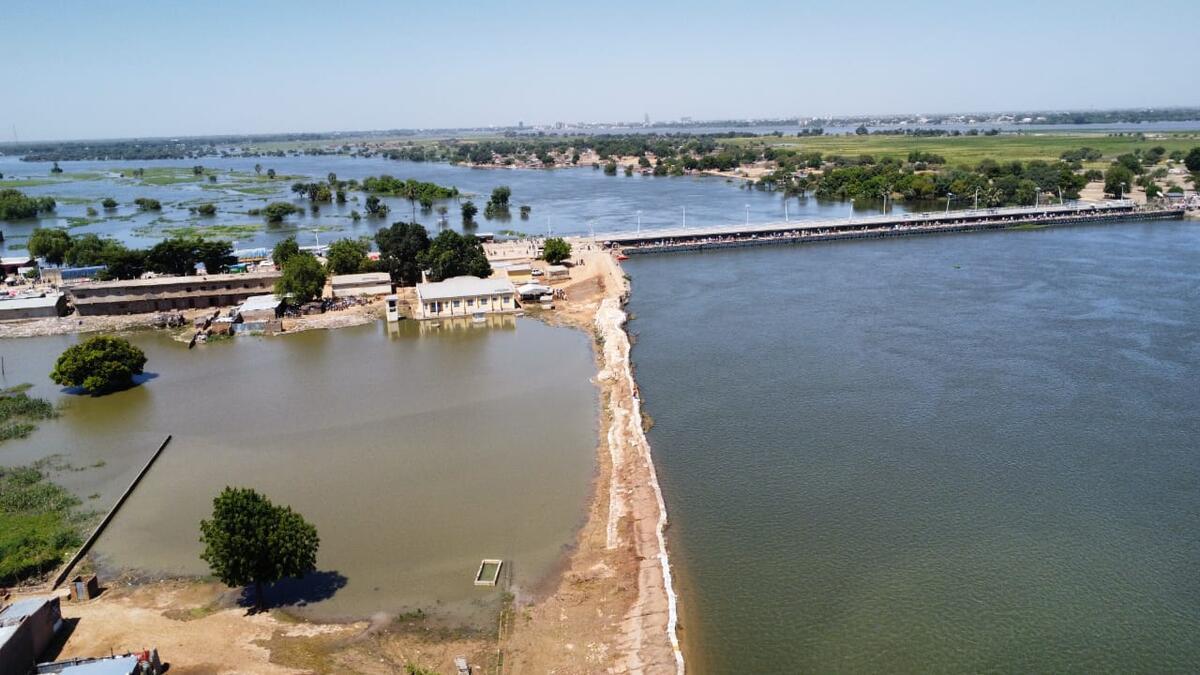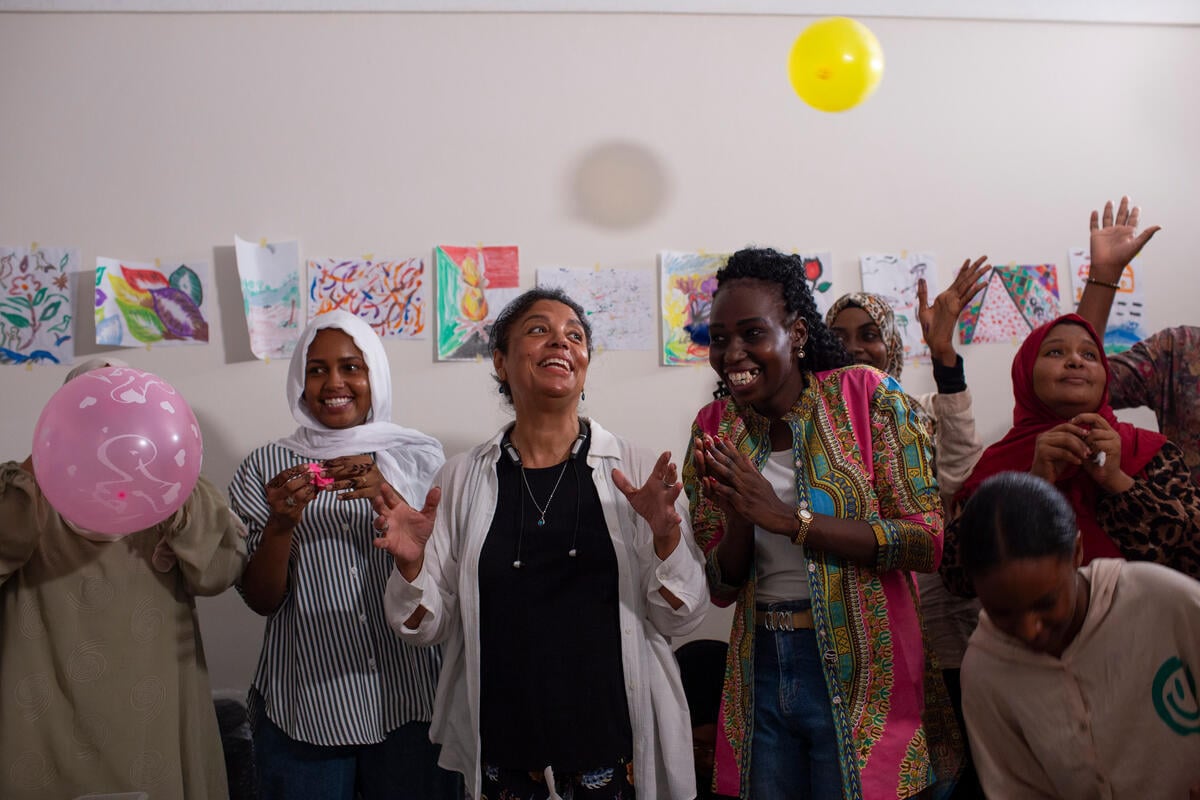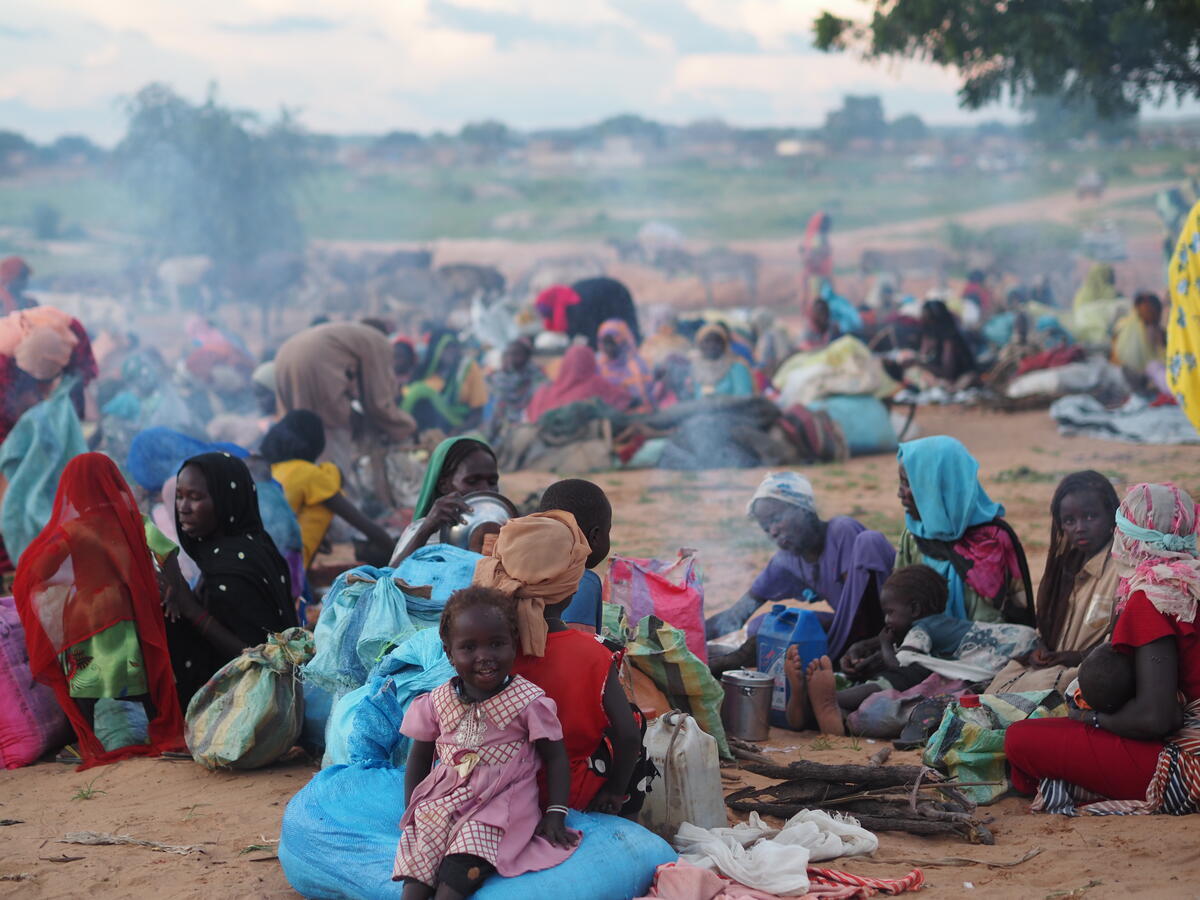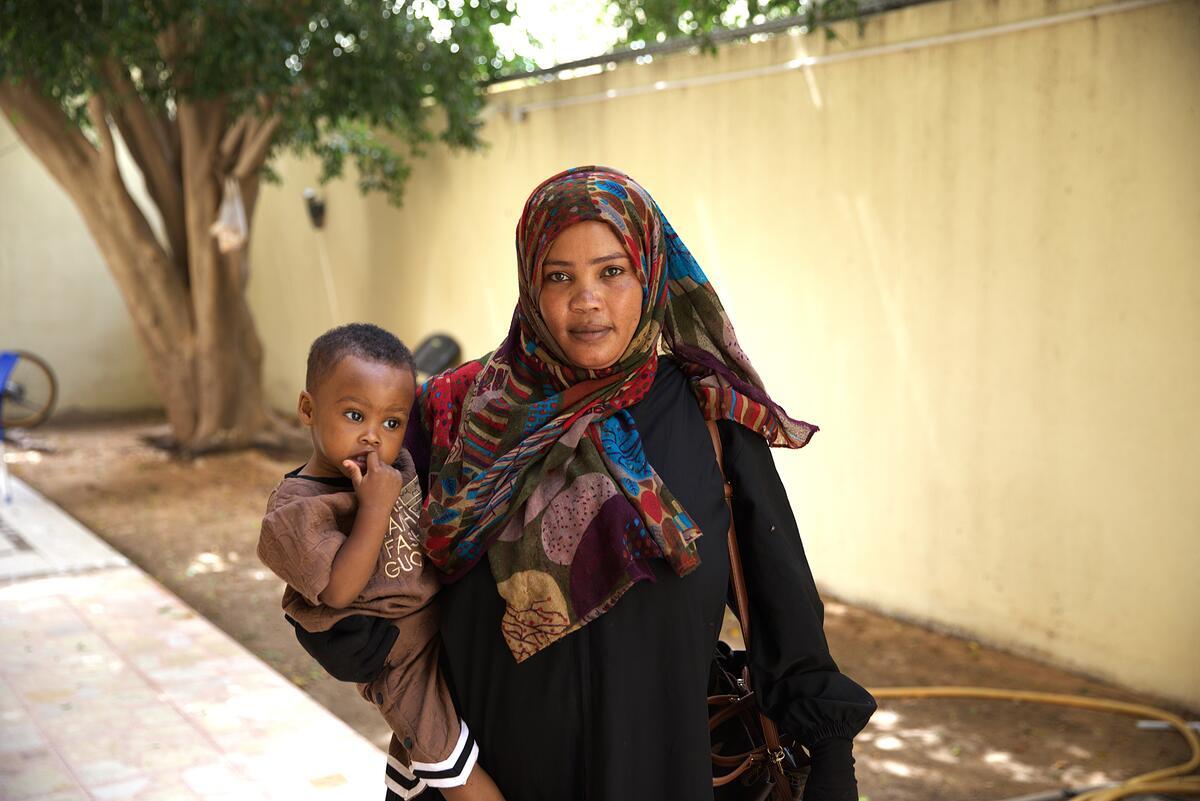Chad: Sudanese relocation total nears 100,000
Chad: Sudanese relocation total nears 100,000
The number of Sudanese refugees relocated to UNHCR camps in eastern Chad is now approaching 100,000, as hundreds more continue to flee Sudan's Darfur region. On Sunday, UNHCR and its partners organised a convoy of refugees who were staying in Senette, near Birak, to Mille camp. About 200 of the refugees crossed over to Chad after attacks on their Darfur villages on June 2. One refugee man said that 150 armed militiamen on horses entered his village, Outacha, at 6 a.m. on June 2. They reportedly killed 12 people in the village - 11 men and one woman - and stole livestock. Some 200 people left the village, with only the elderly staying behind, the refugee told UNHCR. The man said he and 10 family members walked three hours before reaching Senette. He said they had previously come to Senette in August 2003 following similar militia attacks by janjaweed, but retuned home after three months to find their home burned.
Another refugee woman from Bahanoussa village told a similar story. Her village was attacked by militia on the morning of June 2. She walked for several hours with her five children to Chad. She said that several armed men entered her house and shot and killed her 25-year-old son. Her 50-year-old brother was also killed, she said. It was also the second time she had fled her village.
In the south of the affected border zone, the security situation remains volatile, especially in villages in the border department of Dar Sila. Despite the presence of Chadian military, cross-border incursions take place on a regular basis and target the livestock of the refugees as well as the local population's. In Goz Amer, an average of 200 refugees a week continue to arrive spontaneously from the border. They walk to the camp, or come on donkeys and camels.
Meanwhile, the UNHCR relocation effort to move tens of thousands of refugees away from the insecure border to camps further inland in Chad is expected to reach 100,000 this week.



